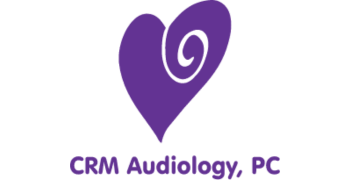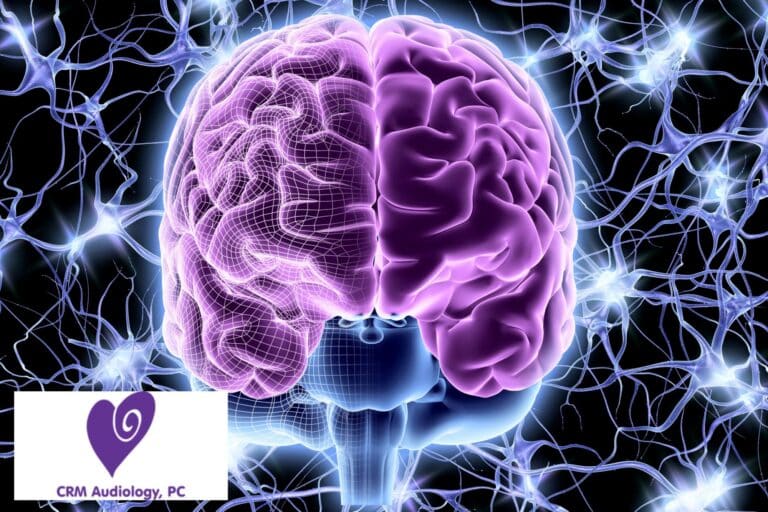Hearing loss affects 48 million adults in the United States, and a new report from AARP highlights how untreated hearing impairment can significantly increase the risk of cognitive decline and dementia. Released by the Global Council on Brain Health (GCBH), the Special Report: Hearing Matters for Brain Health underscores the importance of addressing hearing loss to enhance communication, maintain social connections, and safeguard cognitive well-being.
This report arrives at a pivotal moment, as social isolation and loneliness—both of which can stem from hearing loss—are recognized as public health threats. U.S. Surgeon General Dr. Vivek Murthy has identified loneliness and social isolation as an epidemic, with risks as severe as smoking 15 cigarettes a day.
Why Hearing Health Is Crucial for Brain Health
“Hearing health is directly tied to brain health,” said Sarah Lock, AARP Senior Vice President for Policy and Executive Director of GCBH. “Our report shows that untreated hearing loss not only increases the risk of cognitive decline but also contributes to social isolation, loneliness, anxiety, depression, and reduced quality of life. Yet, nearly half of adults in the U.S. remain unaware of these risks.”
The data is clear: Age-related hearing loss affects roughly one-third of people aged 65–74 and half of those over 75. While age-related hearing loss is typically not curable, it is highly treatable, often with hearing aids. These devices can help users hear better, enabling them to stay socially and cognitively engaged.
Alarming Trends in Hearing Health
Despite the risks, many older adults neglect their hearing health. A June 2024 AARP survey of adults aged 50+ revealed:
- 59% of respondents had not undergone a hearing test in the last five years.
- Only 38% rated their hearing as excellent.
- However, 78% said they would address hearing loss if they knew it could harm their brain health.
Recommendations for Protecting Hearing and Brain Health
The report provides actionable steps to protect hearing and reduce the risk of cognitive decline:
- Understand the Connection: Know that good hearing supports brain health.
- Get Regular Checkups: Schedule periodic hearing tests, especially as you age.
- Watch for Warning Signs: Be alert to signs of hearing loss, such as difficulty following conversations.
- Protect Your Ears: Use ear protection in noisy environments.
- Act Early: Address hearing loss as soon as it is detected.
- Support Emotional Well-Being: Recognize that untreated hearing loss can affect mental health.
- Choose Devices Wisely: Research hearing aids carefully to avoid scams.
- Embrace Technology: Don’t let stigma prevent you from using hearing aids.
How AARP Supports Hearing Health
AARP, in collaboration with GCBH, offers resources to help individuals address hearing loss. Through its Hearing Resource Center, AARP provides information, tips, and even free hearing screenings for members.
This report also aligns with new clinical guidelines from the American Academy of Otolaryngology for treating age-related hearing loss, a project in which AARP played a critical role.
Why This Matters
Hearing loss doesn’t just affect communication—it’s a modifiable risk factor for dementia. By addressing hearing health, individuals can reduce their risk of cognitive decline, enhance their quality of life, and stay socially connected.
If you or a loved one are concerned about hearing loss, now is the time to take action. Learn more about how hearing impacts brain health and explore resources to help protect your hearing across your lifespan.
To read the full article, visit AARP Press Room: New AARP Report: Hearing Loss Is One of the Most Modifiable Factors Leading to Dementia.



